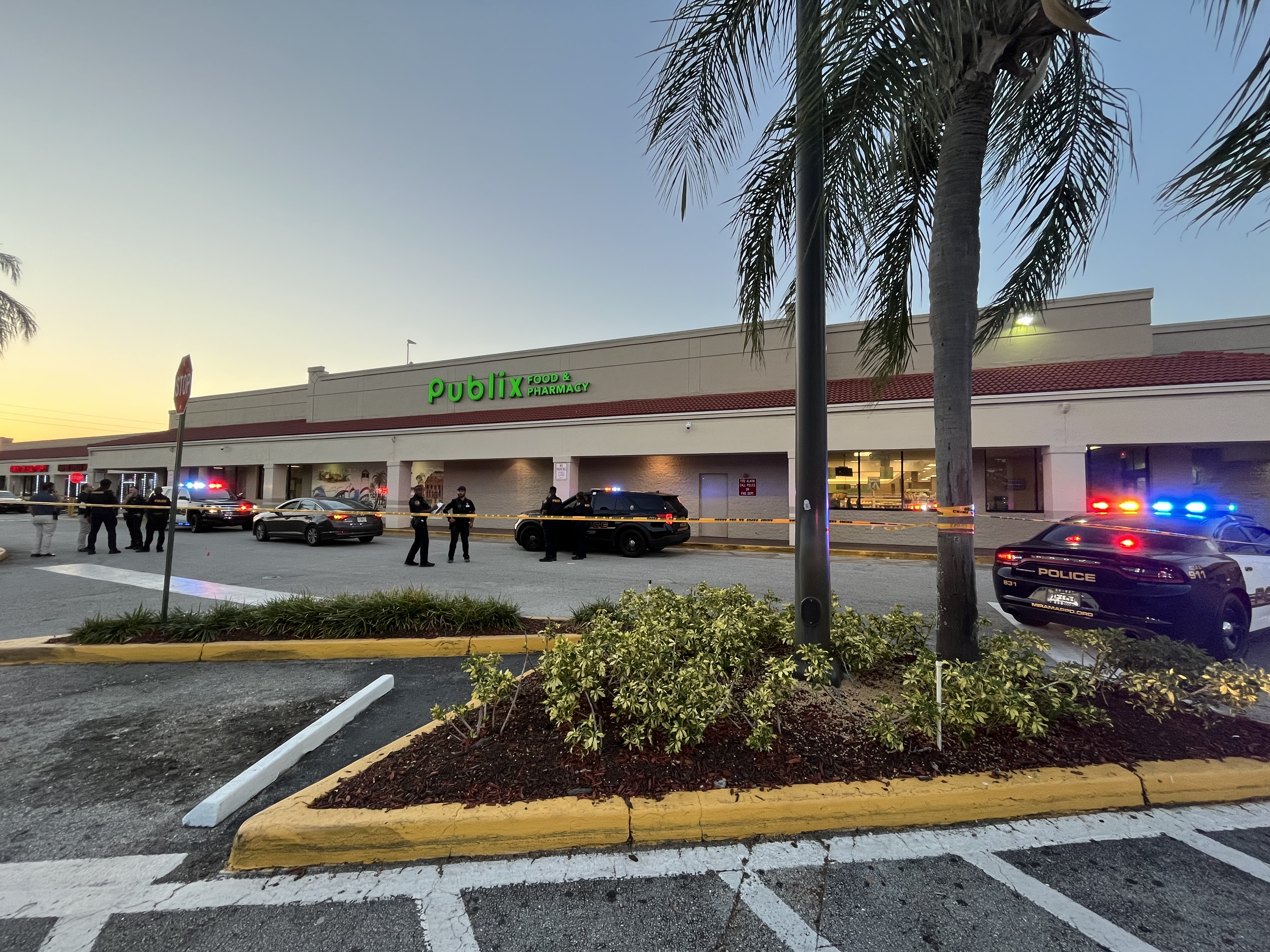A statewide ban on texting while driving could be dead after the Florida House amended the bill Tuesday with only three days left in the legislative session.
The House discussed the bill (SB 52) and adopted the amendment without voting on the bill. The amendment allows police to use drivers' mobile phone records against them only when texting causes a crash resulting in death or personal injury.
The Senate passed the bill unanimously earlier this month. If the House passes the amended bill, it must return to the Senate for that chamber to approve the new change. The legislative session ends Friday.
Sen. Nancy Detert, the Venice Republican who has pushed for a ban for four years, was watching from the back of the House floor, frowning.
"No one spoke to me about it," she said, walking back to the Senate. "We made the bill as small as we possibly could to try to get it through the House. It's a very simple bill; it should have simply passed."
Thirty-nine states and the District of Columbia already have texting-while-driving bans for all drivers.
Florida One of 5 States Without a Texting and Driving Ban
Efforts to pass a ban stalled for at least four years in the face of House Republican opposition. Conservative members based their concerns on government intrusion into people's lives.
The bill has passed through committees in both chambers this year with only one no vote: Rep. Jimmy Patronis, a Panama City Republican.
Local
Rep. Jose R. Oliva, the Miami Lakes Republican who offered Tuesday's amendment, said he wasn't trying to torpedo the bill.
"This only speaks to one area: your civil liberties," he said. "From its very first (committee) stop, this was my one concern."
We need to protect ourselves from careless drivers, Oliva added, but "we can't trample over our own rights to do it." He thought there was still enough time to pass the bill this year.
The bill allows the use of phone records in defense against a ticket, but some phone companies' records don't differentiate between manual texting and talk-to-text messaging.
Rep. Dave Kerner, a Lake Worth Democrat and former police officer, said the change wasn't needed: "Police will not be subpoenaing your records" for a traffic ticket.
And Rep. Irv Slosberg, a Boca Raton Democrat, called the bill a "slam dunk" — without the sudden change.
"This is not about policy or ideology; it's about slowing down a life-saving bill in the last week of session," said Slosberg, whose 14-year-old daughter died in a car wreck where texting wasn't involved.
State Senator Maria Sachs, Broward Sheriff's Office Seek Ban on Texting and Driving
The bill makes texting while driving a secondary offense. That means police have to first stop drivers for an offense like an illegal turn. A first violation is a $30 fine plus court costs. A second or subsequent violation within five years adds three points to the driver's license and is a $60 fine.
The ban includes typing a text or reading a text while driving. It includes tablet computers as well as mobile phones, but excludes using a talk-to-text feature. And it allows texting while stopped at a red light.
The ban is supported by AT&T, the AARP, AAA, trial lawyers, businesses and state law enforcement groups.
According to a preliminary report from the Florida Department of Highway Safety and Motor Vehicles, there were 256,443 reported crashes in 2012. In 4,841 of those crashes, a driver had been texting or otherwise using an "electronic communication device" while driving.
A 2010 study by the Highway Loss Data Institute, which looks at insurance claims, said crashes didn't go down in states that banned texting by drivers, but rather found reported collisions went up slightly.
The researchers guessed that bans are making a bad situation worse by causing drivers, knowing it's illegal, to move their phones down and out of sight when they text. That takes their eyes even further away from the road.
More Local Stories:



